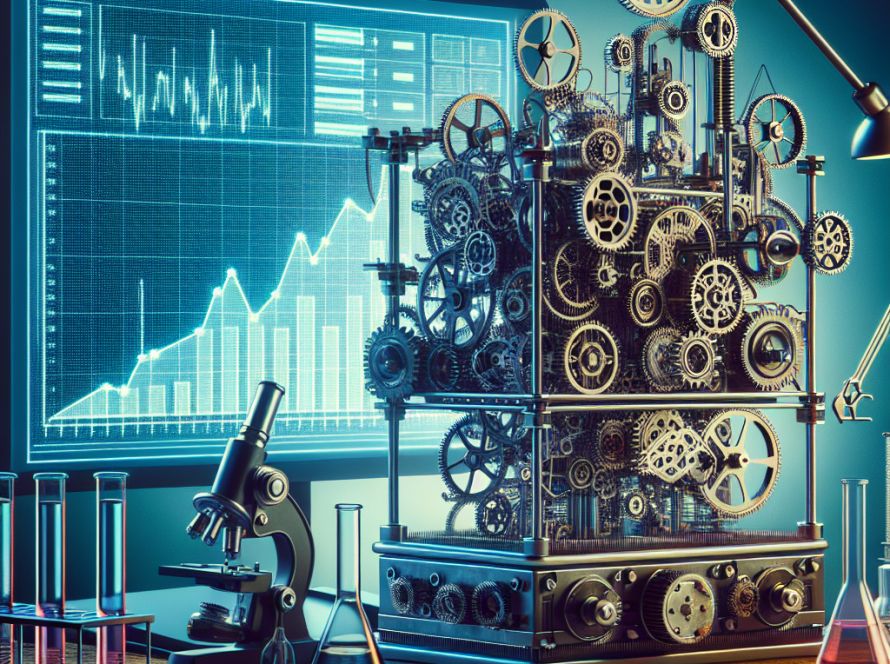With healthcare industry transformation, a concerning trend of patient disengagement has surfaced. Aligning to non-traditional care settings and patient-centric approaches is crucial. This blog explores the key healthcare use cases of 2023 that have enhanced patient outcomes.
1. Enhancing Patient Experience
In the healthcare field, a patient’s experience is vital and that’s where technological innovations come into play. Automation, artificial intelligence, and digitization are key to improving this experience. Modern developments such as generative AI or natural language understanding can enhance patient interactions significantly.
For instance, a virtual assistant chatbot can provide expert medical advice, easing healthcare access especially for underprivileged communities. The chatbot Saal, designed for the Abu Dhabi healthcare authority, is an excellent exemplification of such a technology.
2. Preventing Unnecessary Medication or Surgery
Diagnoses are prone to human errors which can lead to unnecessary surgeries or medication; proving costly and stressful for patients. Predictive analytics is a solution to this. It helps in early detection of diseases that may require surgeries or specific medication. This gives enough time for alternative treatment exploration and preparedness for surgery if unavoidable. An example of this application is ConsumerMedical’s use of predictive analytics to identify patients considering surgeries and help them examine alternative medication possibilities.
3. Dementia Detection Using iPhone
With NCBI’s 2018 study revealing that nearly one in three children born since 2015 are likely to suffer from dementia, early detection becomes essential. It not only aids in its potential onset identification but also reduces financial distress. A 5-minute cognitive assessment test developed by Cognetivity Neurosciences operates on an iOS device, such as an iPhone, and uses algorithms for early detection of dementia and other mental impairments.
4. Early Heart Disease Detection
Detecting minute heartbeat variations is challenging for medical practitioners and can lead to missed opportunities for predicting potential heart diseases. Eko AI has developed a smart algorithm that identifies sounds associated with aortic stenosis with 97% precision. Wearable devices that can monitor heart rates in real-time are also facilitating the early detection of such anomalies.
There’s no doubt that AI applications in healthcare have greatly improved patient care and outcomes in 2023. With the continual evolution of technology and innovation, AI involvement is expected to expand, leading to further enhanced and informed patient outcomes.
Reader feedback and dissemination of this blog are greatly appreciated and can be shared at marketing@saal.ai. This blog was first published on SAAL – a leading AI solutions provider.

